Two years after the unprecedented Hamas attacks on Israel plunged Gaza into one of the deadliest conflicts in recent history, India’s position on the war stands out for its careful balance — supporting Israel’s right to defend itself while championing peace, humanitarian assistance and a negotiated two-state solution.
As the world reflects on the human and geopolitical toll of the war that began on October 7, 2023, New Delhi’s nuanced diplomacy reveals both pragmatism and principle, shaped by India’s deep ties with Israel, historical solidarity with Palestine and its broader vision of global peace through dialogue.
Shock of October 7 and India’s immediate response
The Hamas assault on Israel in 2023 — which killed about 1,200 people and saw roughly 250 hostages taken — marked a grim turning point in West Asia. The unprecedented terror attack drew global condemnation and triggered a devastating military response from Israel under Prime Minister Benjamin Netanyahu.
India’s Prime Minister Narendra Modi was among the first world leaders to react.
“Deeply shocked by the news of terrorist attacks in Israel. Our thoughts and prayers are with the innocent victims and their families. We stand in solidarity with Israel at this difficult hour,” he wrote on X on the day of the assault.
This expression of solidarity set the tone for India’s early stance — unambiguously condemning terrorism while stopping short of endorsing Israel’s military campaign in Gaza. New Delhi’s message was clear: terrorism had no justification, but the path to peace lay in restraint and dialogue.
Balancing security and humanity
As Israel’s military operations intensified and civilian casualties in Gaza soared, India’s diplomatic approach evolved to balance its condemnation of terror with a call for humanitarian responsibility.
By early 2024, as the war’s devastation grew — drawing in Lebanon and Iran and threatening wider regional instability — New Delhi began to amplify its calls for restraint.
“India continues to underline the need for dialogue and diplomacy amid the escalating conflict,” said External Affairs Minister S Jaishankar.
India dispatched 70 tonnes of humanitarian assistance, including over 16 tonnes of medicines and medical supplies, to Gaza. It also contributed $5 million to the United Nations Relief and Works Agency for Palestine Refugees (UNRWA), reaffirming a decades-old commitment to the Palestinian people.
Impact Shorts
More ShortsThese steps reinforced India’s dual message: terrorism must be condemned and civilians must be protected.
UN dilemma: Abstaining for consistency
India’s diplomatic balancing act was perhaps most visible in its voting pattern at the United Nations.
In June 2025, India abstained from a UN General Assembly resolution titled “Protection of civilians and upholding legal and humanitarian obligations in Gaza.”
The resolution, moved by Spain, passed with 149 countries in favour, 12 against and 19 abstentions. India’s abstention broke ranks with all its South Asian neighbours and major partners in Brics and the Shanghai Cooperation Organisation.
Explaining the decision, India’s Permanent Representative to the UN, P Harish, said: “India has always supported a negotiated two-state solution to the Israel–Palestine issue, leading to the establishment of a sovereign, independent and viable state of Palestine, living within secure and recognised borders, side by side, in peace with Israel.”
This position, while drawing criticism from some quarters for perceived neutrality, reflected New Delhi’s consistency.
India had similarly refrained from earlier resolutions demanding an immediate ceasefire, arguing instead for sustainable peace through direct dialogue.
Dialogue and diplomacy as the core of policy
India’s approach to the Israel–Hamas war is rooted in its broader foreign policy ethos — dialogue over confrontation. This was reflected in multiple high-level engagements across both sides of the conflict.
In September 2025, Prime Minister Modi met Palestinian President Mahmoud Abbas in New York on the sidelines of the UN General Assembly.
The meeting focused on the humanitarian situation in Gaza and the need to restore peace.
“Reiterated India’s support for the early restoration of peace and stability in the region. Exchanged views on further strengthening long-standing friendship with the people of Palestine,” Modi posted afterwards.
Just a week later, Modi spoke by phone with Prime Minister Netanyahu, urging restraint and regional stability amid fresh escalation following the assassination of Hezbollah leader Hasan Nasrallah.
“Terrorism has no place in our world. It is crucial to prevent regional escalation and ensure the safe release of all hostages,” Modi said, reinforcing India’s balanced line — tough on terror, yet committed to de-escalation.
At a Carnegie Endowment event in Washington soon after, Jaishankar added that India was “concerned about the possibility of broadening the conflict,” referencing tensions involving the Houthis, the Red Sea and Iran.
He hinted that India could play a mediating role: “Don’t underestimate the importance of communication in difficult times. If there are things to be said, and passed on and passed back, those are all contributions we can make.”
India’s parliamentary position
In August 2024, the government formally outlined its position in Parliament.
Responding to a Rajya Sabha question, Minister of State for External Affairs Kirti Vardhan Singh reaffirmed India’s stand:
“India has strongly condemned the terror attacks on Israel on 7 October 2023 and also the loss of civilian lives in the ongoing Israel–Hamas conflict. India has called for ceasefire and sustained humanitarian assistance to the people of Gaza… We have called for restraint and de-escalation and emphasised a peaceful resolution of the conflict through dialogue and diplomacy.”
The minister’s statement also clarified that India’s voting at multilateral forums — including the UN, G20, Brics and the Voice of Global South Summit — reflected its long-standing support for a negotiated two-state solution.
The government rejected speculation that it was sending labour to support Israel’s war effort, noting instead that the presence of Indian workers in Israel stemmed from a 2023 labour mobility agreement — part of a peacetime economic framework unrelated to the conflict.
Humanitarianism at the core
Beyond diplomacy, India’s engagement has had a strong humanitarian focus.
Apart from its material aid to Gaza, India supported community-based initiatives such as an artificial limb fitment camp in Palestine that helped hundreds of amputees — a small but symbolic act of solidarity.
These gestures built on a long legacy of Indian support for the Palestinian cause, dating back to Mahatma Gandhi’s opposition to colonial partition, Jawaharlal Nehru’s advocacy for Arab self-determination and India’s early recognition of the State of Palestine in 1988.
Even as New Delhi deepened strategic and technological ties with Israel in recent decades, it maintained unwavering rhetorical and developmental support for the Palestinian people.
A changing global order
India’s cautious stance also reflects the realities of a multipolar world. The Israel–Hamas war became a stage for competing geopolitical alignments — with the US backing Israel, much of the Global South pushing for ceasefire resolutions, and Iran and Hezbollah complicating the regional calculus.
India, as both a Brics member and a strategic partner of the US and Israel, found itself at the crossroads. Abstaining at the UN rather than aligning fully with either bloc allowed New Delhi to maintain its strategic autonomy — a cornerstone of its foreign policy under Prime Minister Modi.
By focussing on peace and humanitarianism, India sought to uphold its credibility across regions: retaining its defence and innovation partnerships with Israel while preserving its leadership role among Global South nations advocating for human rights and decolonisation-era solidarity.
India’s vision for peace
Two years after the Gaza war began, India’s stand remains guided by a few core principles — condemnation of terrorism, advocacy of restraint and belief in diplomacy as the only sustainable path to peace.
As the international community revisits the prospects of a two-state solution, India’s consistent call for “a sovereign, independent and viable State of Palestine, living within secure and recognised borders, side by side in peace with Israel” retains enduring relevance.
While the war has ravaged lives and hardened divides in West Asia, New Delhi’s middle path shows its ambition to be a bridge-builder — a country that, while standing firmly against terror, refuses to abandon the pursuit of peace.
In the two years since Hamas’s deadly attack ignited one of the bloodiest chapters in West Asia, India’s diplomacy has stayed steady, deliberate and empathetic. By choosing abstention over alignment and aid over rhetoric, it has sought to position itself not on the side of any power, but on the side of peace.
As global powers struggle to end the cycle of violence, India’s message — rooted in restraint, humanitarianism and the belief that peace must be built, not imposed — offers a reminder that moral clarity can coexist with strategic balance.


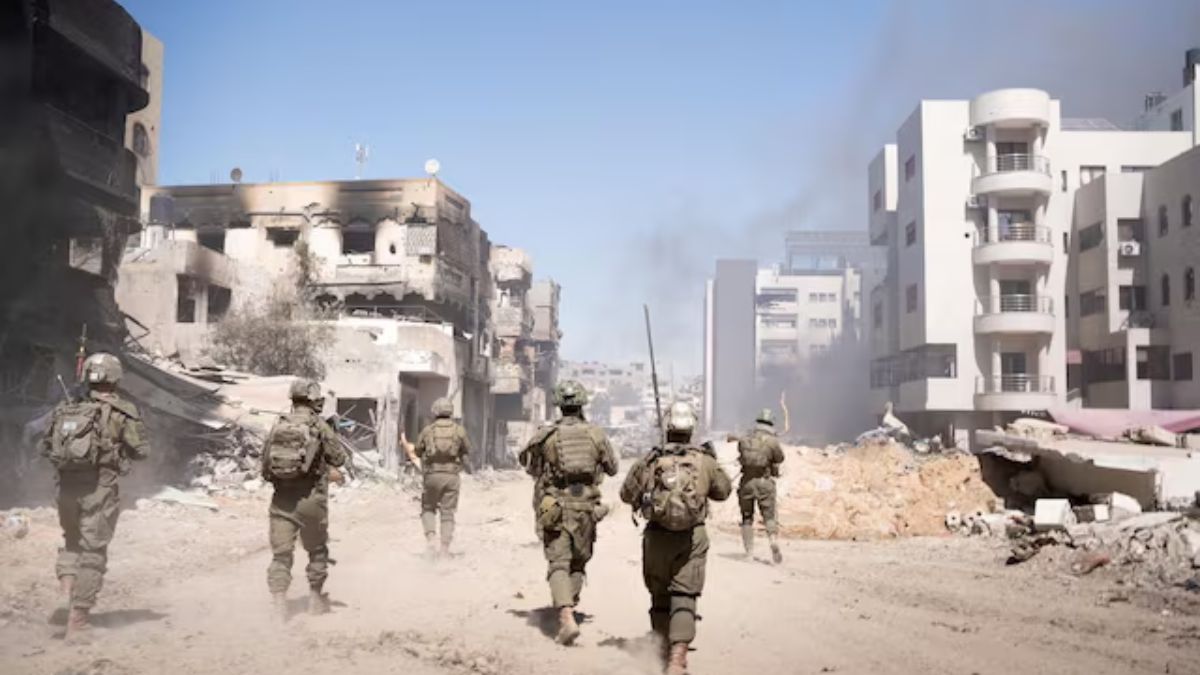)
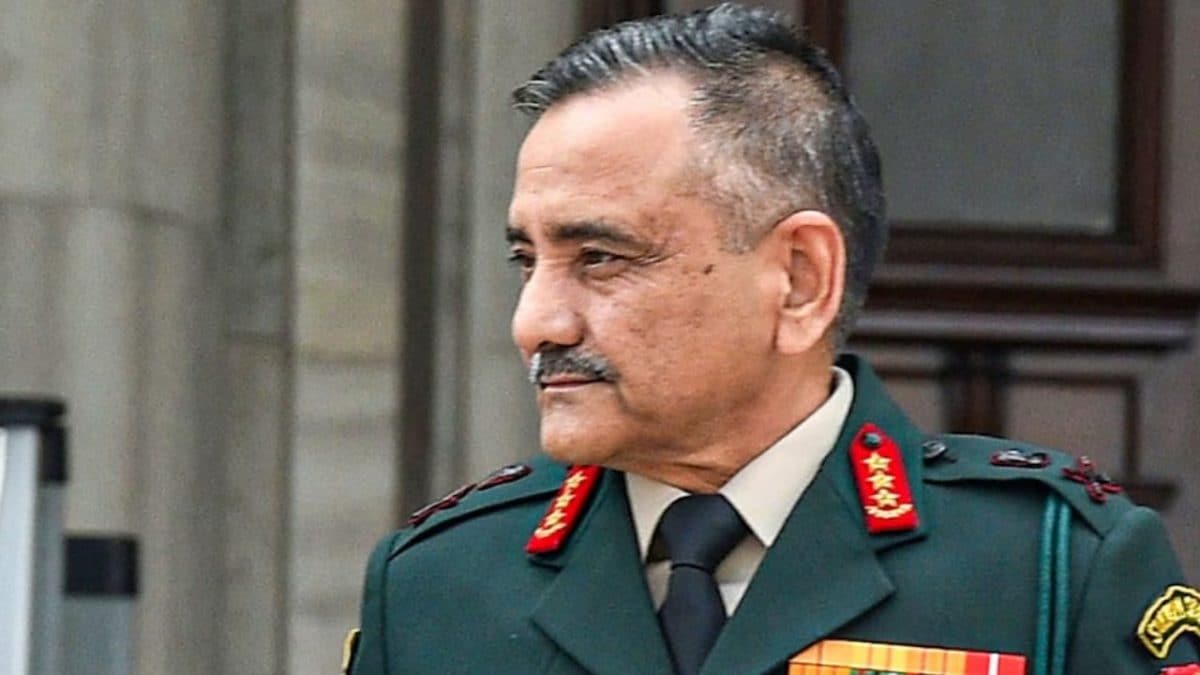
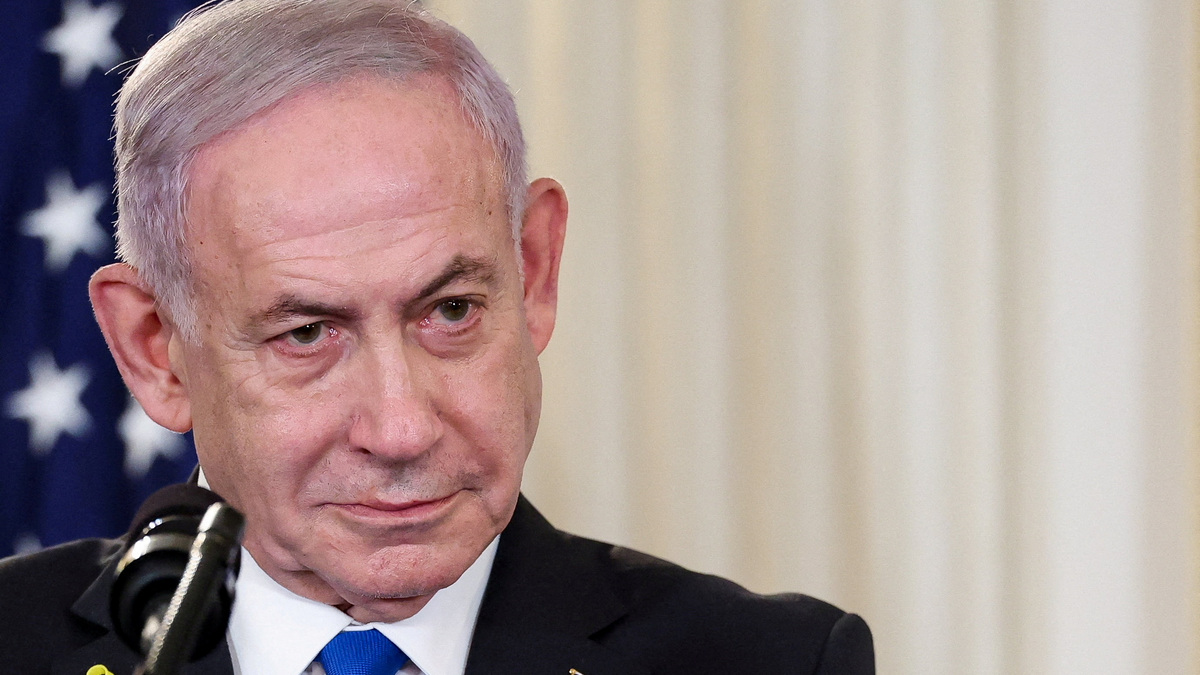)
)
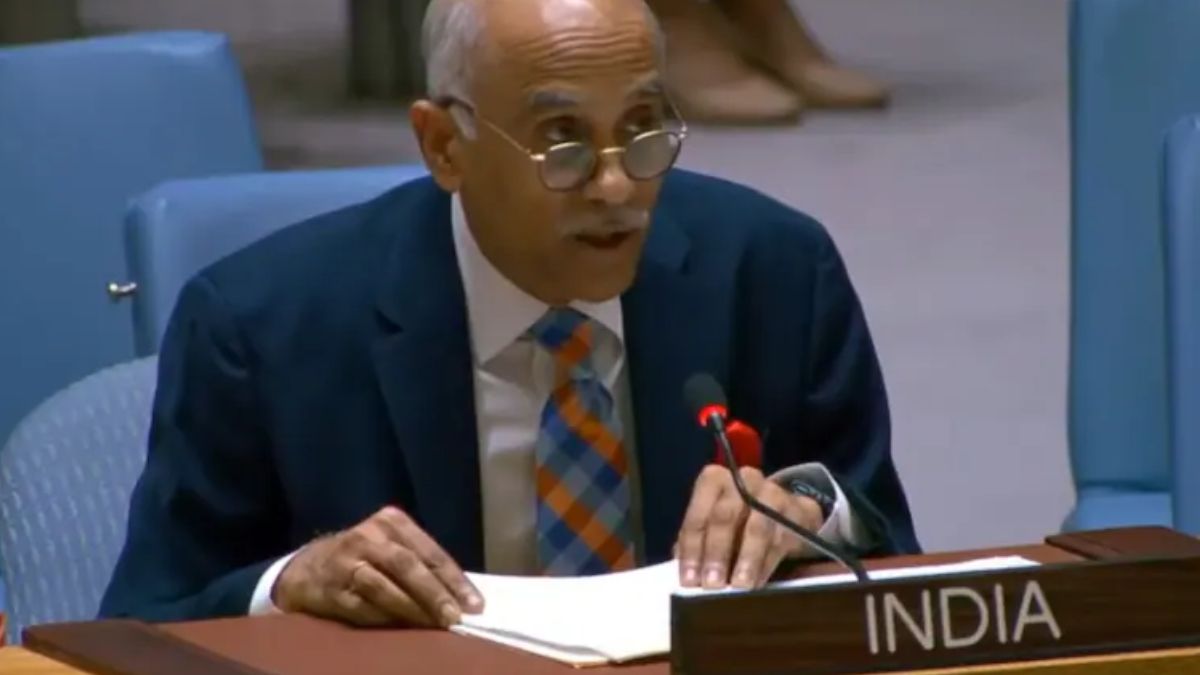)
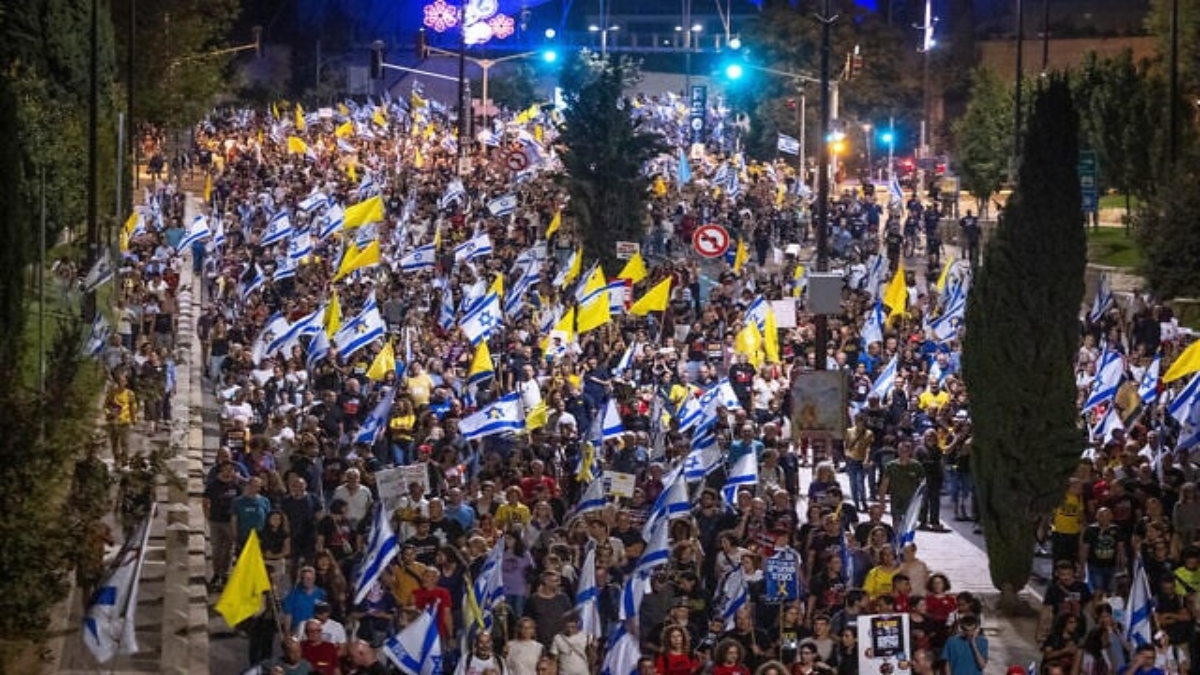)
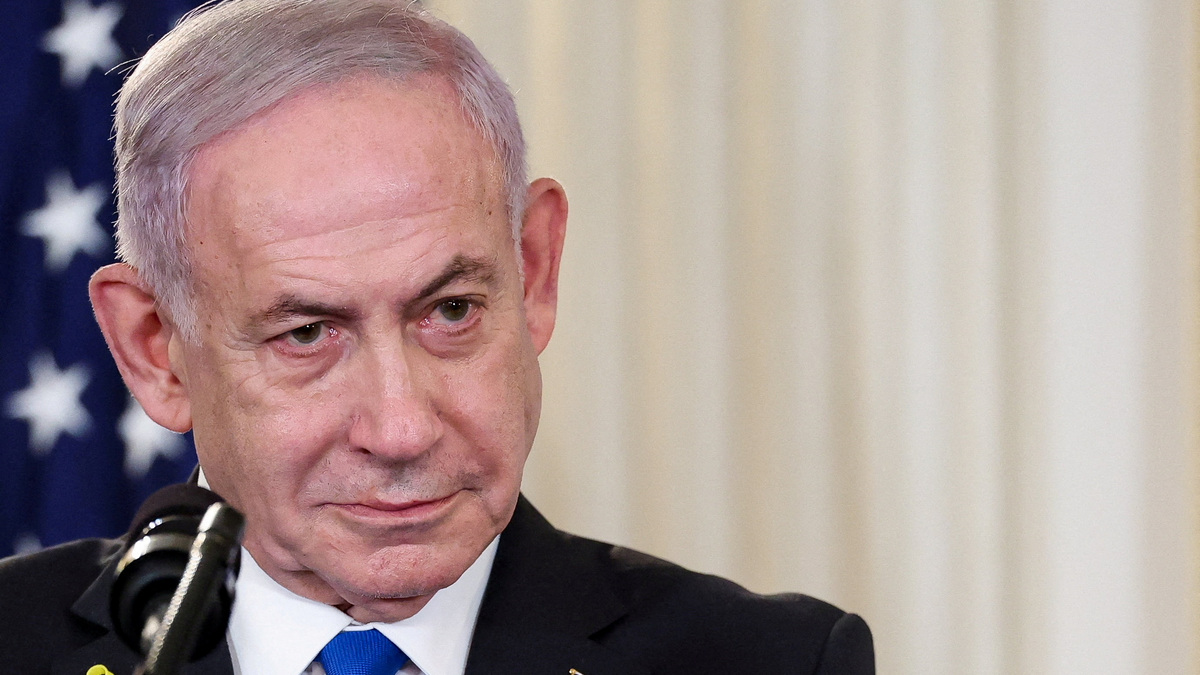)
)
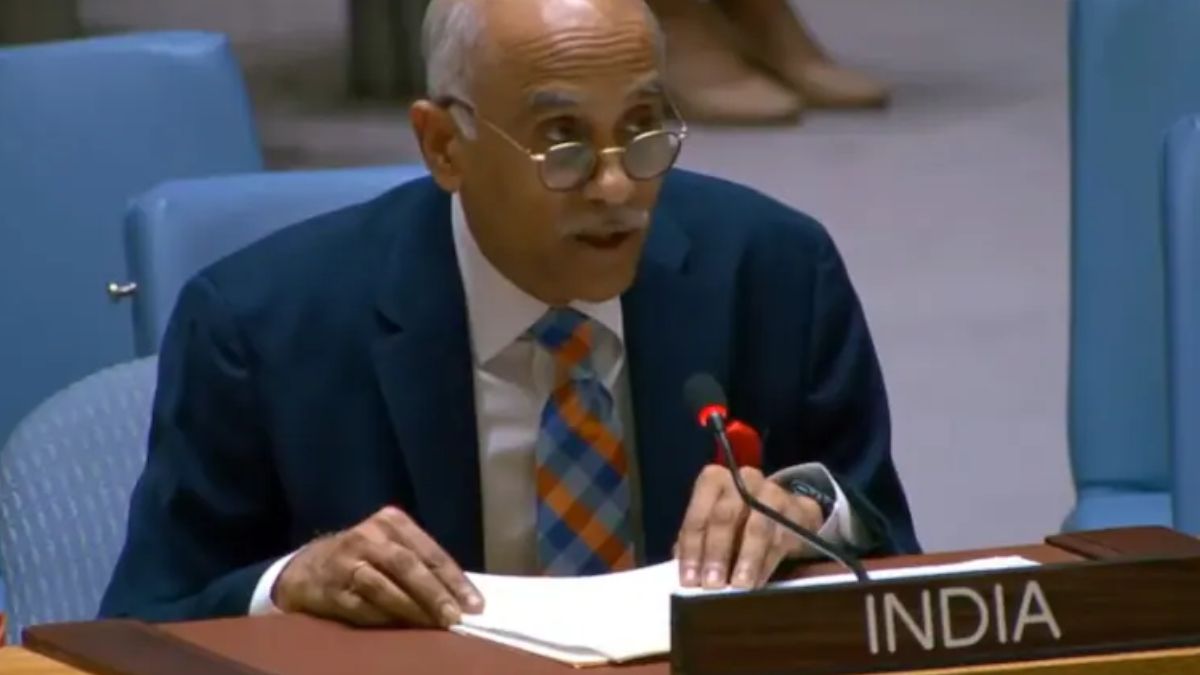)
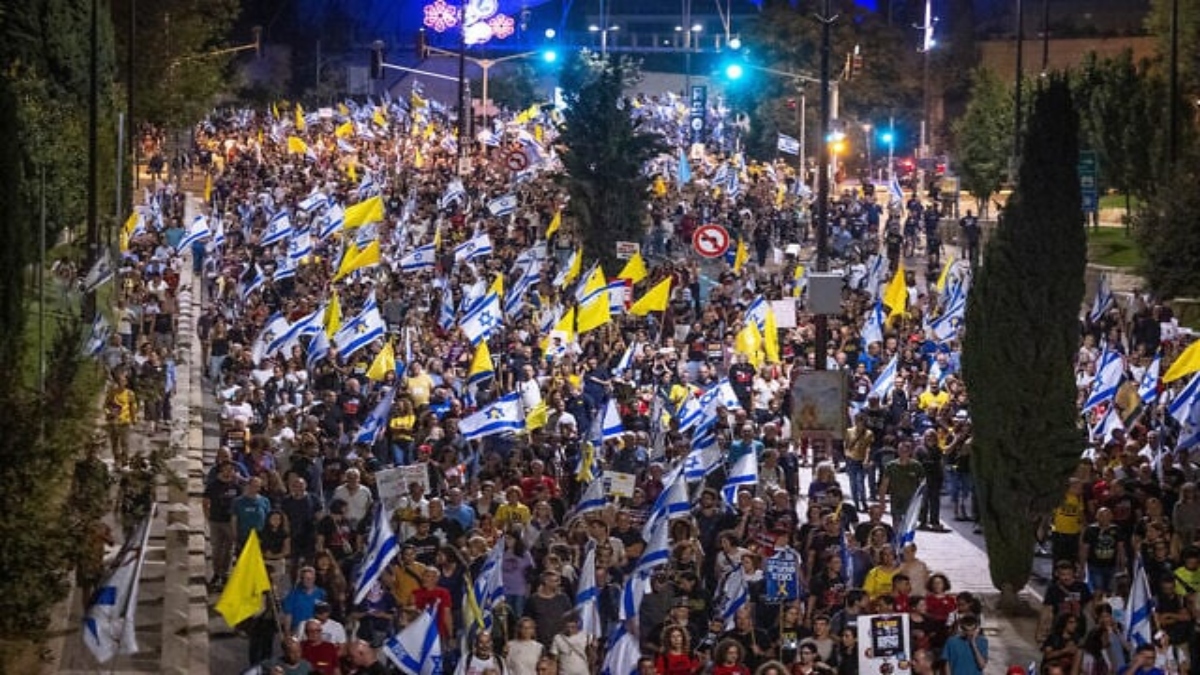)



